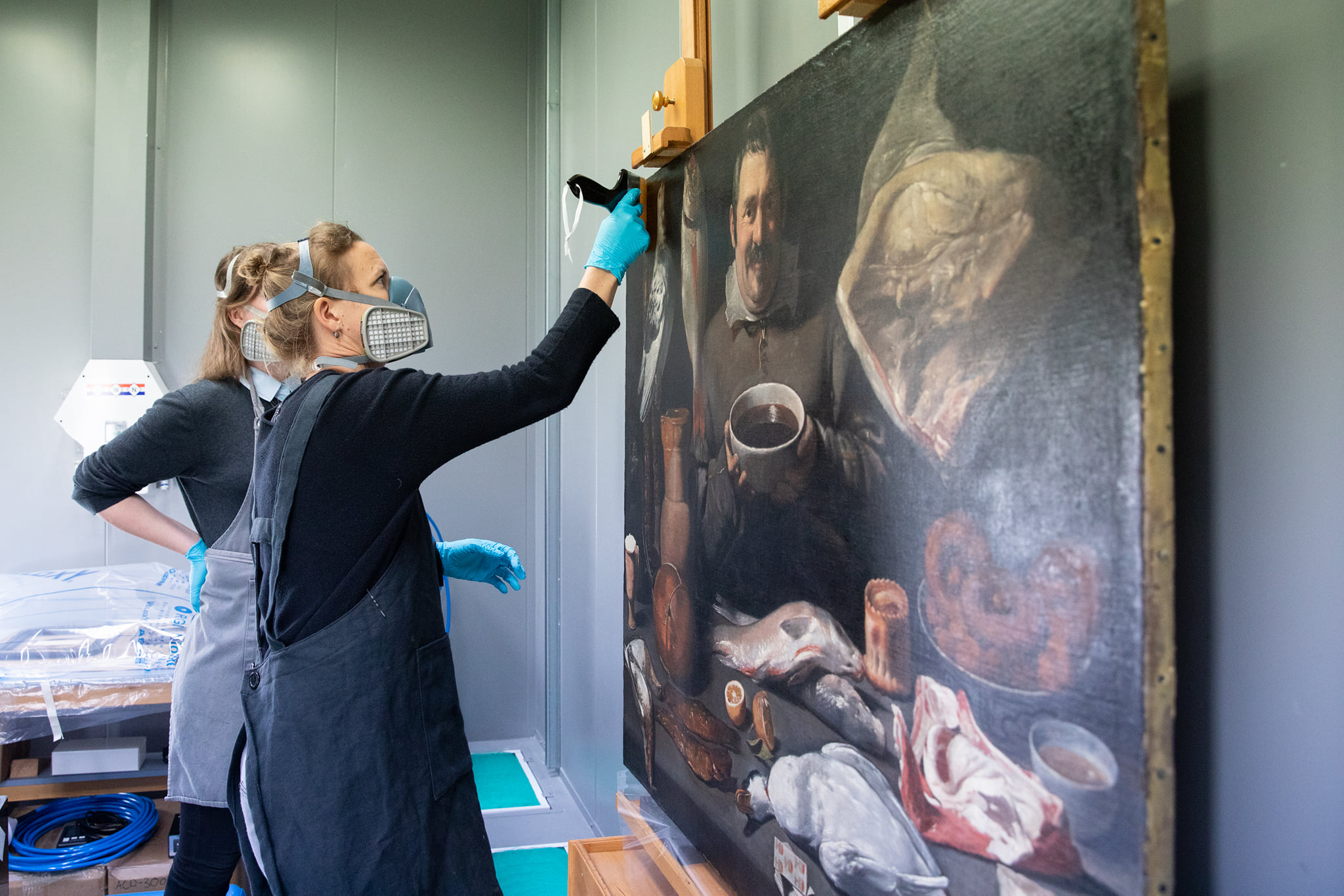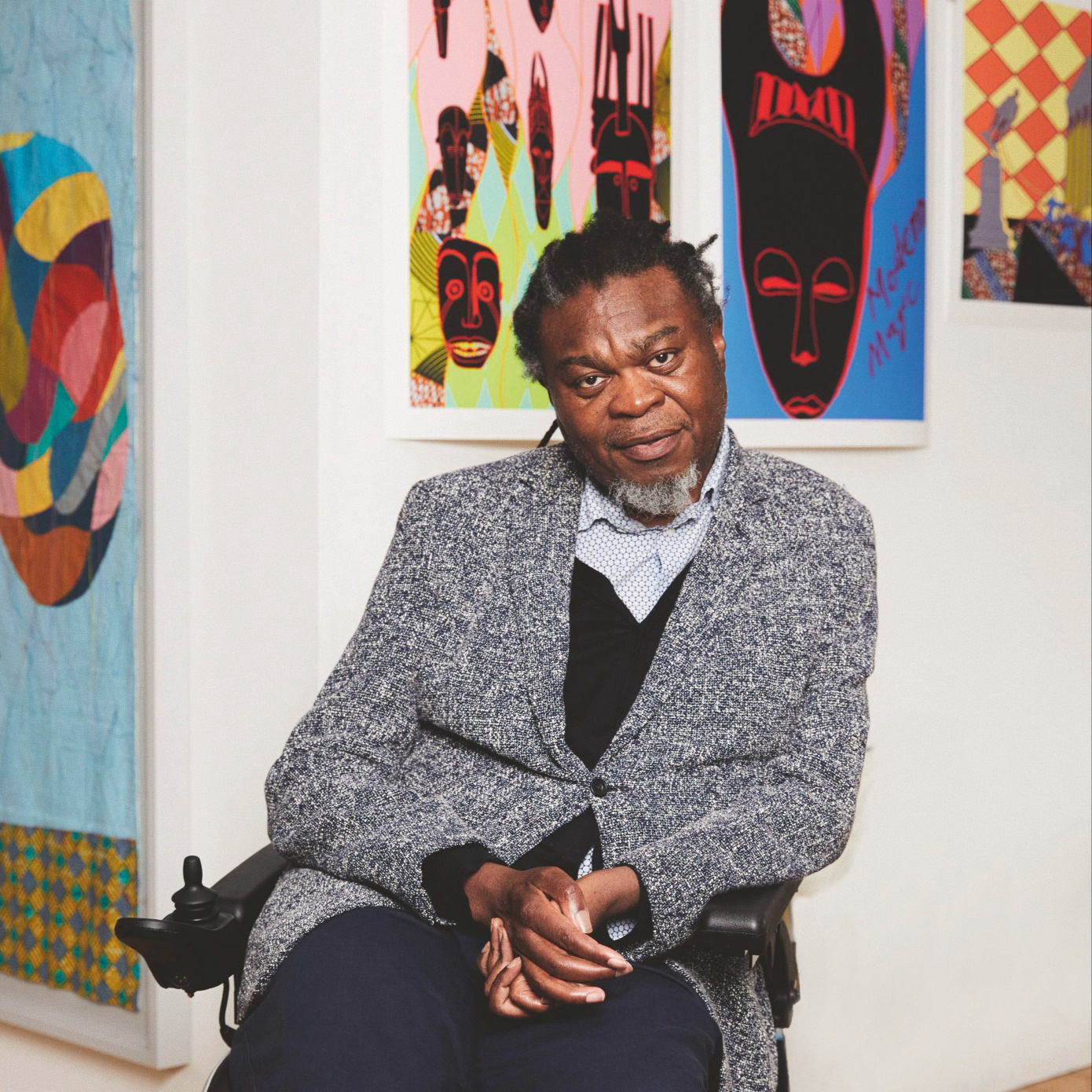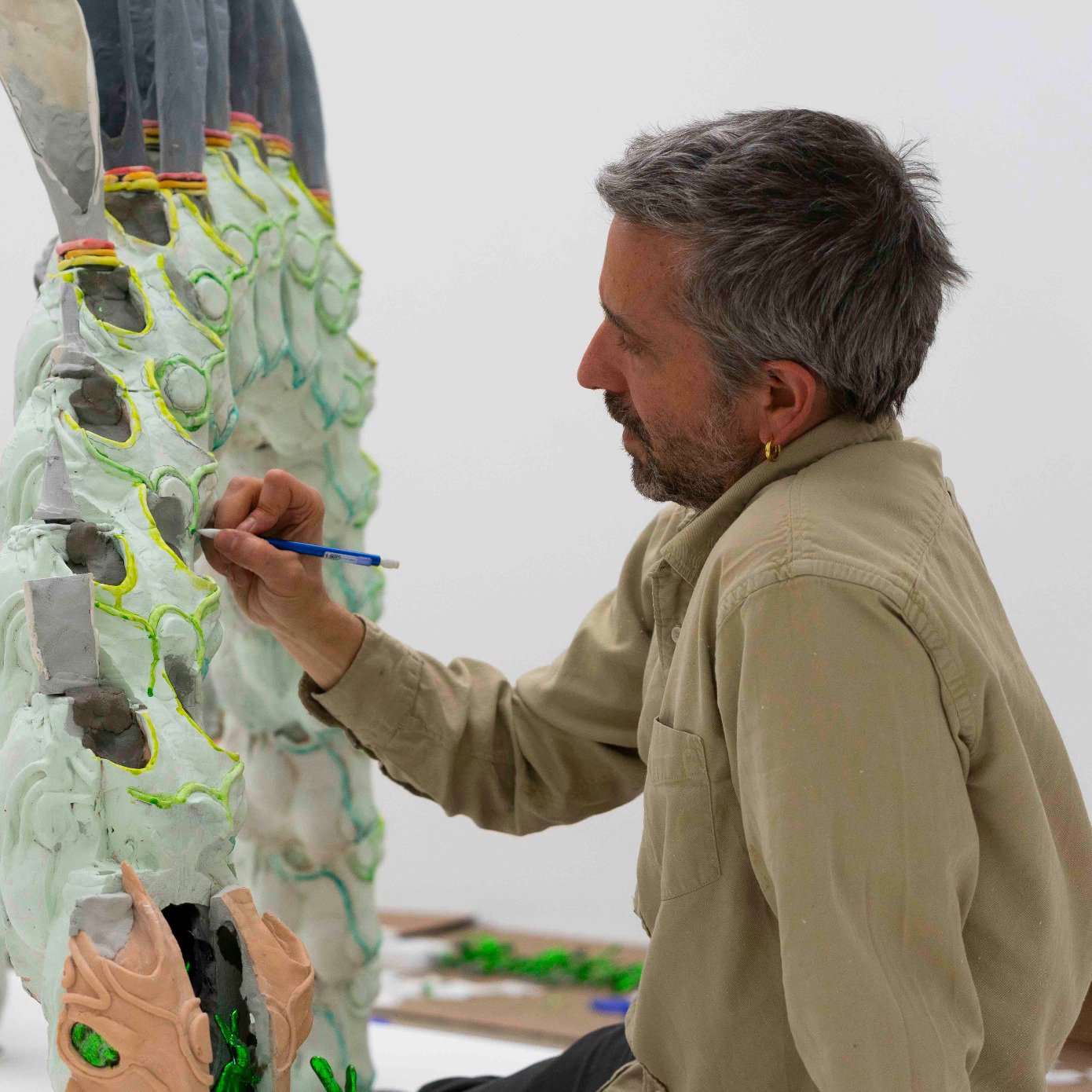
The entire world is reeling from the impact of COVID-19 pandemic. Among the most vulnerable—older folks and those with underlying medical conditions—are the medical workers on the front lines. Indeed, according to the Daily Beast, more than 8 percent of cases in Italy alone are sick healthcare workers.
It's numbers such as these that have ignited a crescendoing wave of worry across the globe: Who will treat the sick if the experts, themselves, are ill—or worse? It's a stomach-prickling concern, one that has spurred the art conservatory crew at the Rijksmuseum in Amsterdam to consider how they can help out in this seemingly helpless time. The team has decided to donate their surgical gloves and FFP1 and FFP3 masks, which are quite helpful in curbing spread, to caregivers in need.
"We don’t even have that many supplies ourselves, but every little bit helps as there have been an increasing number of calls for this from the medical sector," says Dr. Erma Hermens, a technical art historian at the museum who tweeted about the initiative on social media. "Although the tweet was meant as a call to our local museums, it has spread within the museum and conservation sector with very positive response.”
https://twitter.com/TechArtHisRijks/status/1240207094739017729
Indeed, what began as an idea proposed by one young researcher—"to plant a seed" in the collective heart—has today grown into a movement in the art world. The Stedelijk Museum and Van Gogh Museum, also in Amsterdam, have since joined in, Hermens tells Cultured. On top of this, through Hermens's tweet many other institutions across the world have proliferated the museum's call to action.
"Organizations such as Museum Workers and [the] International Institute for Conservation retweeted, as did many individuals working in museums in Europe and the US," Hermens says, who also mentions that similar calls to action have "simultaneously" bubbled up throughout universities.
In terms of bringing personal protective equipment to nurses and doctors, Hermens says she believes this collective effort in the art world is valuable. "Every little bit helps!" she says. "We can make our museum[s] accessible online through all kinds of initiatives. . . but we can also help, even just a little, in other ways. So all these joint initiatives are great."
As for what Hermens thinks of the medical workers, the art historian is emphatic: "They are heroes."
Below is a selection of the masterpieces housed at Rijksmuseum.




